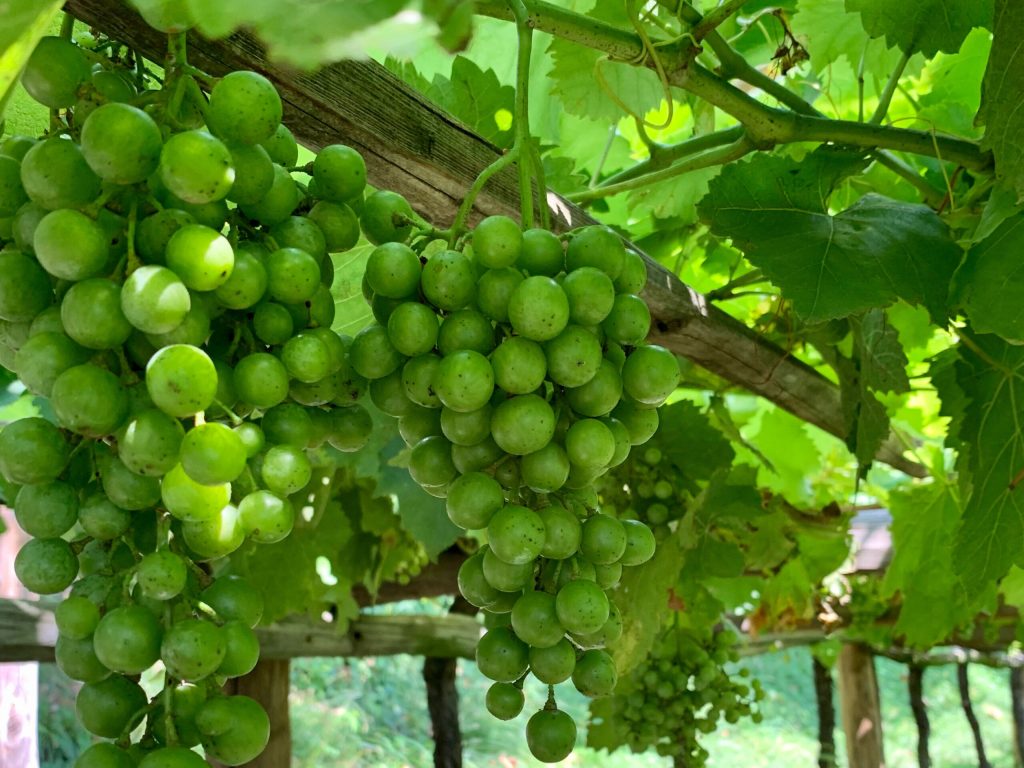
Quality wine enjoyment is being revolutionized in a new way. This gives consumers the opportunity to explore new, undiscovered paths. PIWIs are intended to complement traditional varieties such as Riesling and Pinot Noir.
Today, science and research are increasingly talking about “new innovative grape varieties” in this context. These grape varieties are highly resistant to fungal diseases and enable a significant reduction in the use of pesticides. These robust or innovative grape varieties are therefore an obvious alternative to conventional intensive plant protection.
PIWIs are already widespread in German wine-growing regions such as Rheinhessen, Franconia and the Palatinate. But they are also in vogue in other wine-growing countries such as Poland and Denmark.
Breeding these new, robust and innovative varieties is a generational project. Even today, vines are not created with genetic scissors in the laboratory, but in the vineyard. For many years, the breeding of new fungus-resistant grape varieties has been a focus of the work of the State Viticulture Institute in Freiburg. The viticulture institute is looking for interested companies that are willing to experiment and plant such vines in their vineyards. PIWI International promotes the exchange of experience between winegrowers and breeders and encourages dialog about the “new grape varieties”.
In viticulture, considerable amounts of plant protection products are applied against mildew fungi (fungicides) in order to prevent possible fungal infestation and safeguard the harvest. According to analyses by the EU's statistical office (EuroStat), the use of plant protection products per hectare and year in viticulture is by far the highest compared to all other agricultural products produced in the EU.
However, PIWI vines are highly resistant to fungal diseases and enable a significant reduction in the use of plant protection products, thereby protecting the environment. A win-win situation for winegrowers and consumers!
The continuous increase in PIWI acreage is reflected in the growing number of wines entered in the Austrian PIWI wine competition “New/innovative grape varieties” from year to year. Not only the traditional wine-growing regions, but also Austria's mountainous regions are now making their mark on the PIWI scene! For the third time, the „PIWI Österreich“ association organized the “New / Innovative Grape Varieties” wine competition for Austrian wines made from fungus-resistant grape varieties.

Leonardo Hotels is expanding its commitment and turning World Cleanup Day 2025 into a European movement: Employees from 140 hotels in 12 countries are participating in cleanup campaigns – from Berlin to Bucharest, from London to Rome. Instead of a single day, the period has been extended to ten days to allow as many teams as possible to participate.
From gut health to alcohol-free enjoyment, from AI-supported shopping planning to viral food hypes: Austrian online supermarket Gurkerl.at sees four megatrends that will permanently change the food and beverage industry in 2026. Head buyer Nina Gerhardt explains why consumption is no longer just about price and availability – but about lifestyle, well-being, and digital intelligence.


Today, science and research are increasingly talking about “new innovative grape varieties” in this context. These grape varieties are highly resistant to fungal diseases and enable a significant reduction in the use of pesticides. These robust or innovative grape varieties are therefore an obvious alternative to conventional intensive plant protection.